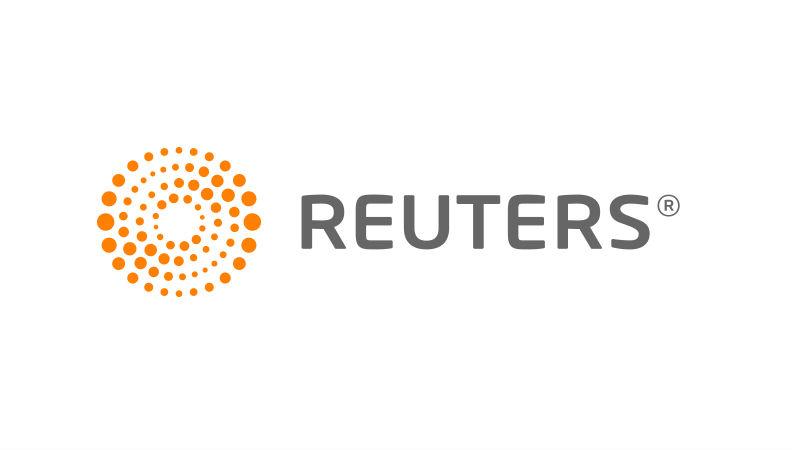Artificial Intelligence

Why it’s impossible to build an unbiased AI language model
Why it’s impossible to build an unbiased AI language model August 8, 2023 Authored: Melissa Heikkilä Published: MIT Technology Review Summary: The culture wars have extended to AI language models, with accusations of political bias. Right-wing critics argue that ChatGPT and similar models have a “woke bias,” prompting conservative groups

Running up that hill: Creativity, AI, and the human pursuit of uphill thinking
Running up that hill: Creativity, AI, and the human pursuit of uphill thinking August 1, 2023 Authored: John Maeda Published: ShortCut Summary: The article discusses the paradox of AI in the creative field, where it promises efficiency but also threatens to produce cookie-cutter designs that could replace human creativity. The

The Ethics of Making (and Publishing) AI Art
The Ethics of Making (and Publishing) AI Art July 31, 2023 Authored: By Brendan Hesse Published: Life Hacker Summary: The article discusses the ethical and legal concerns surrounding AI-generated art. It explores various AI art generators, such as Midjourney, Stable Diffusion, Bing’s AI image creator, DALLE-2, Craiyon, and Dream, detailing

How judges, not politicians, could dictate America’s AI rules
Melissa Heikkiläarchive – MIT Technology Review
Lawsuits are emerging as a potential route to regulate and shape the use of AI in the US. Federal agencies and individuals are suing AI companies, such as OpenAI and Meta, over concerns related to consumer protection, privacy, copyright infringement, and fairness. The outcomes of these cases could lead to new AI regulations and ways for artists and authors to be compensated for their work used in AI training data. Experts believe that lawsuits may precede comprehensive AI-specific legislation due to the split Congress and tech companies’ lobbying efforts.

Three things to know about how the US Congress might regulate AI – Some key themes are emerging.
Tate Ryan-Mosley – MIT Technology Review
The US is gearing up for significant AI policymaking, with Senate majority leader Chuck Schumer outlining key principles for AI regulation. Themes include protecting innovation, aligning AI with democratic values, and questioning the future of Section 230. The focus is on maintaining the US’s advantage over Chinese tech while fostering responsible governance. Schumer plans to kick off invite-only discussion groups in Congress this fall. However, the debate on AI regulation may be complex, and tech companies may face challenges in identifying and labeling AI-generated content. The EU’s recent regulations are influencing the US’s approach.

Panic about overhyped AI risk could lead to the wrong kind of regulation
Divyansh Kaushik and Matt Korda – Vox
This article discusses the proliferation of sensationalist narratives and misinformation surrounding artificial intelligence (AI) and its potential impact on responsible AI governance. It addresses the exaggeration of risks and threats, such as comparing AI to nuclear weapons, and argues for nuanced regulations, transparent operations, and accountability in AI applications. The article emphasizes the need to address genuine catastrophic risks, promote responsible AI research, implement data privacy reforms, and foster collaborations between academia and industry to develop effective AI policies that benefit humanity and minimize risks.

Japan Leaning Toward Softer AI Rules Than EU, Official Close to Deliberations Says
Sam Nussey and Tim Kelly – Reuters
Japan is considering a more lenient approach to regulating artificial intelligence than the strict rules proposed by the European Union. The Japanese government aims to boost economic growth and become a leader in advanced chips with AI technology. The EU’s rules, such as disclosing copyrighted material used to train AI systems, are seen as too stringent by some Japanese officials. Japan’s approach could impact the establishment of the EU’s rules as a global benchmark. Both Japan and the EU are promoting their respective AI rule-making strategies to advance in the field of technology.

Leadership in the Digital Era: Exploring the AI-EI Nexus
Leadership in the Digital Era: Exploring the AI-EI Nexus July 2023 Authored: By Alexandra Bianca Tîrnăcop Summary: This study explores the intersection of artificial intelligence (AI) and emotional intelligence (EI) in leadership. It investigates how AI technology can enhance leaders’ EI, focusing on empathy, self-awareness, and social skills. The research

The Economic Potential of Generative AI: The Next Productivity Frontier
Michael Chui – McKinsey & Company
Generative AI has the potential to add trillions of dollars in value to the global economy, with estimates of $2.6 trillion to $4.4 trillion annually across various use cases. It can significantly impact customer operations, marketing and sales, software engineering, and R&D, and will have wide-ranging effects across different industries. However, the technology will require investments in worker support and skills development to ensure successful integration and maximize productivity gains. Addressing ethical and security risks associated with generative AI is crucial to unlocking its full potential. Companies and leaders must act swiftly to harness the benefits while managing the risks.

‘High risk, high reward’: How leadership should embrace AI in the workforce
‘High risk, high reward’: How leadership should embrace AI in the workforce June 7, 2023 Authored: Jessica Davies Published: Worklife News Summary: AI’s impact on leadership and workforces is shifting from job replacement fears to a focus on AI-informed leadership. CEOs must develop interpersonal skills, interpret data, and ask the
